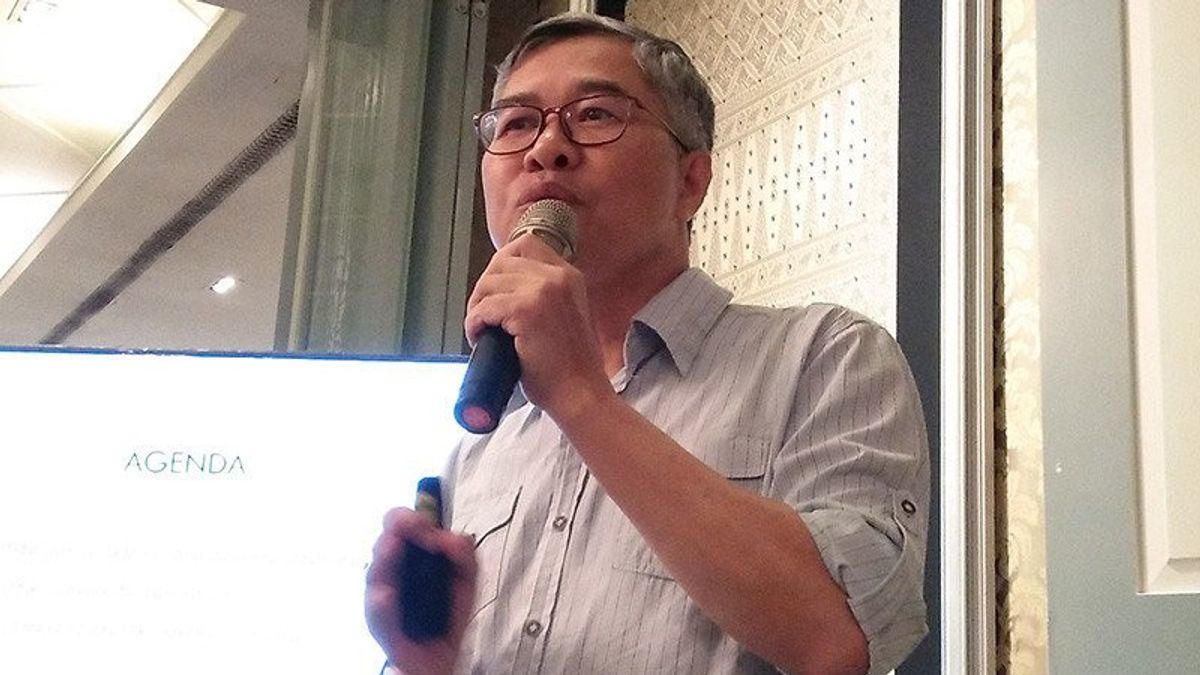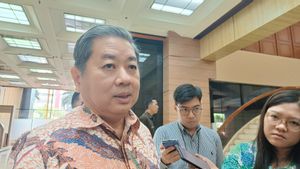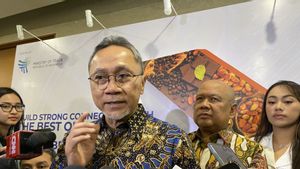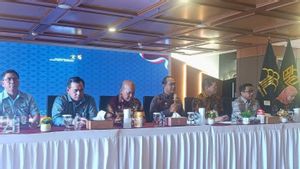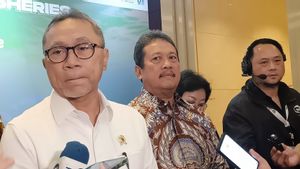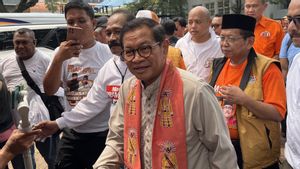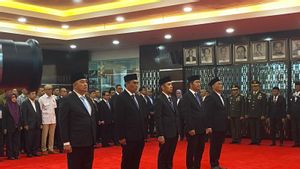JAKARTA - The government continues to encourage substitution of fossil fuels with palm biodiesel, other green fuels, and petrochemicals with palm-based autochemicals.
This is a strategy that will make the palm oil industry more viable in the midst of a global crisis.
Setara Institute Executive Director Piter Abdullah revealed that the sustainable palm oil industry relies on seriousness and seriousness in protecting the environment in order to be able to support palm oil industry.
According to Piter, the government must also take advantage of regional economic opportunities to further encourage the achievement of the sustainable palm oil industry.
"The current market conditions and prices of CPO are quite high, they should be used for these purposes," he said, Friday, November 4.
In addition, Piter said, this opportunity must also be used for the welfare of small palm oil farmers.
This can be done by maintaining the price of fresh fruit bunches (FFB) produced by farmers.
"Parliament to small farmers is shown by efforts to maintain the market so that farmers get a profitable selling price," he said.
The government is also asked to be able to help small farmers rejuvenate oil palm crops with the funds that have been collected.
"The government should also help small farmers rejuvenate their gardens using the funds raised for that," he concluded.
Previously, Coordinating Minister for the Economy Airlangga Hartarto encouraged substitution, fossil fuels with green energy such as palm oil.
The effort to substitute fossil fuels with palm biodiesel, other green fuel, and petrochemicals with palm-based autochemicals is a strategy that will make the palm oil industry more viable in the midst of a crisis. Until 2022, Indonesia is still implementing B30. Currently, the price of the Biodiesel Market Index (HIP) is lower than the Solar HIP," said Coordinating Minister Airlangga some time ago.
Biodiesel Products Evidenced by Community Dinasion
Energy Observer Komaidi Notonegoro said that currently he has carried out road tests for the use of biodiesel fuel (BBN) with a mixture of 40 percent or called B40 on diesel-engine vehicles.
"Because the absorption continues to rise," said Komaidi.
According to him, biodiesel products have proven to be in demand by the public. So, continued Komaidi, new innovations like B40 continue to be carried out.
In addition, he said, the implementation of B40 is one of the country's strategic efforts to reduce imports of fuel oil (BBM), as well as implement the New Renewable Energy mix (EBT).
Komaidi said Pertamina is also developing Biogasoline. For this reason, Komaidi reminded that when later this product has been used by the community, it must be maintained availability. "It is necessary to pay attention to the sustainability of supply, palm oil, it trades off with other needs, for example cooking oil, and other derivative products," said the Executive Director of the Reforminer Institute.
For example, Pertamina is currently reviewing biogasoline products. However, Pertamina requested that there be certainty about the sustainability of its palm oil supply or Crude Palm Oil (CPO).
However, Komaidi also suggested that the government could also look for other green energy alternatives, so that it would not be heavy on palm oil.
"Also it is necessary to balance it with other potentials, so maybe the government will focus on not only heavy on palm oil, because the need for palm oil is not only for biodiesel, but there are other needs. Must think about developing other EBTs, for example geothermal, only developing others," said Komaidi.
The English, Chinese, Japanese, Arabic, and French versions are automatically generated by the AI. So there may still be inaccuracies in translating, please always see Indonesian as our main language. (system supported by DigitalSiber.id)
